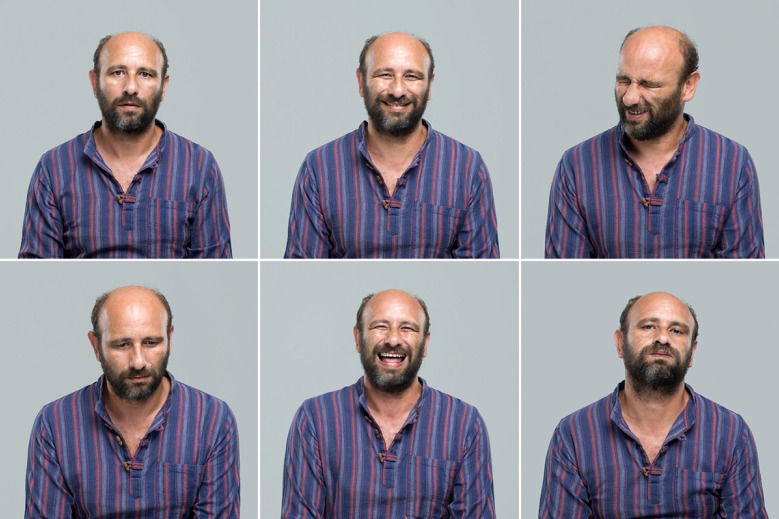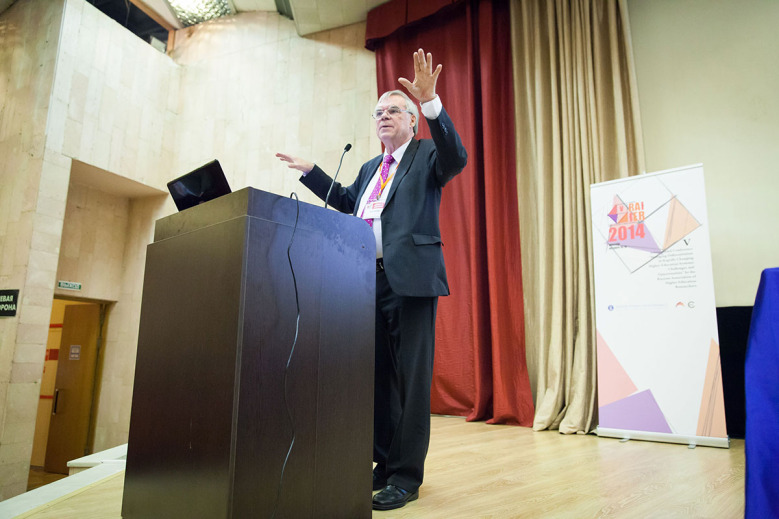Russians Migrate to the Countryside for Materialistic Reasons
Twenty-five million Russians would be prepared to move from cities to the countryside if offered the same living standards in terms of income and available infrastructure. While these conditions cannot be met in Russia at the moment, it is still possible for the government to take steps to encourage urban dwellers to move to rural communities, according to the study Motives, Conditions and Consequences of Migration from the Cities to the Countryside in Russia by Maria Neuvazhaeva, Masters' graduate of the HSE's Faculty of Sociology.
65%
of parents believe that school should teach children discipline and a consistent work ethic, in other words bring them up.
The Economic Crisis Has Not Affected Europeans' Values
The 2008-2009 financial crisis could have affected people's values; however, researchers have not yet found any such changes in Europe. A study by Maksim Rudnev and Vladimir Magun of the HSE's Laboratory for Comparative Studies in Mass Consciousness and Peter Schmidt, former head of the HSE's Laboratory for Socio-Cultural Research, suggests that the recent financial crisis may have a delayed effect on society's values.

Why Study Emotions Across the World
Professor Gerrod Parrott from Georgetown University has come to the HSE for a brief visit to deliver a series of lectures to master’s students at the Faculty of Psychology. On October 17 he also gave a public lecture on ‘Effects of American and Russian Cultures on Emotions’. The aim of the presentation was to introduce several research topics, describe preliminary findings and explore possibilities of collaboration with Russian researchers in this field.
40%
of Muscovites who live between the Third Ring Road and the MKAD believe that a major advantage of their districts is that day-care facilities, schools and medical clinics are not far away from home.
Portable Pensions Will Reduce Informal Migrant Labour
Migrant workers in the CIS are vulnerable in terms of pension rights. The recipient country does not expect to care for them in old age, while the country of origin does not count the years worked abroad towards their retirement plan. Portable pensions may offer a solution, according to researchers of the HSE's Laboratory for Comparative Social Research (St. Petersburg) involved in the study Pension Mobility within the Eurasian Economic Union and the CIS.

Researching Higher Education in Russia Attracts Growing Number of Foreign Specialists
On October 16-18, the 5th International Conference of the Russian Association of Higher Education Researchers took place at the Higher School of Economics. The theme of this year's conference was 'Managing Differentiation in Rapidly Changing Higher Education Systems: Challenges and Opportunities.'
Iftekhar Hasan: Institutional development ensures banking system stability
The HSE has held the fourth annual workshop ‘Banking in Emerging Markets: Challenges and Opportunities’, organized by National Research University Higher School of Economics (CInSt HSE) with the support of the Bank of Finland Institute for Economies in Transition (BOFIT).


Deadline for applications to present academic reports - January 20, 2025